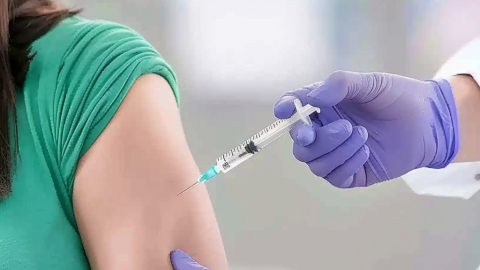If there is no antibody for hepatitis B, is it necessary to receive the vaccine?
Generally, individuals without hepatitis B antibodies are advised to receive the hepatitis B vaccine, especially those at risk of infection, as it can effectively reduce the likelihood of contracting the hepatitis B virus. The detailed explanation is as follows:

The absence of hepatitis B antibodies indicates a lack of immunity against the hepatitis B virus in the body. Once exposed to the virus, infection may easily occur. After receiving the hepatitis B vaccine, the body will produce protective antibodies that block the virus from invading liver cells and reduce the risk of developing hepatitis B. It is recommended that individuals—children, adolescents, and adults alike—who test negative for hepatitis B surface antibodies and have no contraindications for vaccination should consider immunization.
For high-risk groups such as healthcare workers, individuals undergoing regular blood dialysis, and family members of patients with hepatitis B (hepatitis B), timely vaccination is particularly necessary, as these individuals have a higher probability of coming into contact with the virus. After vaccination, it is recommended to periodically check antibody levels. If antibody titers decline, a booster dose should be administered promptly to maintain protective effectiveness.
In daily life, it is also important to avoid sharing items that may come into contact with blood, such as syringes and toothbrushes, to reduce the risk of infection. By receiving vaccinations and taking proper protective measures, liver health can be better maintained, and the health threats posed by hepatitis B infection can be significantly reduced.




